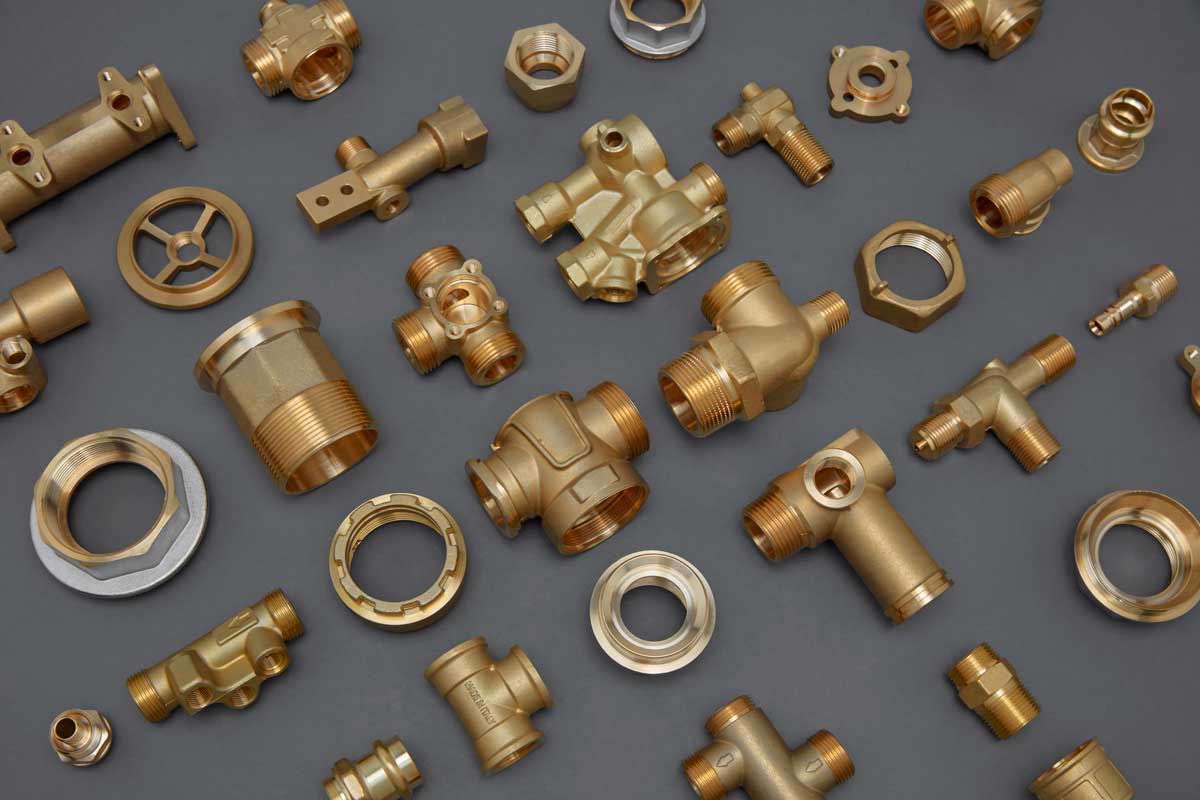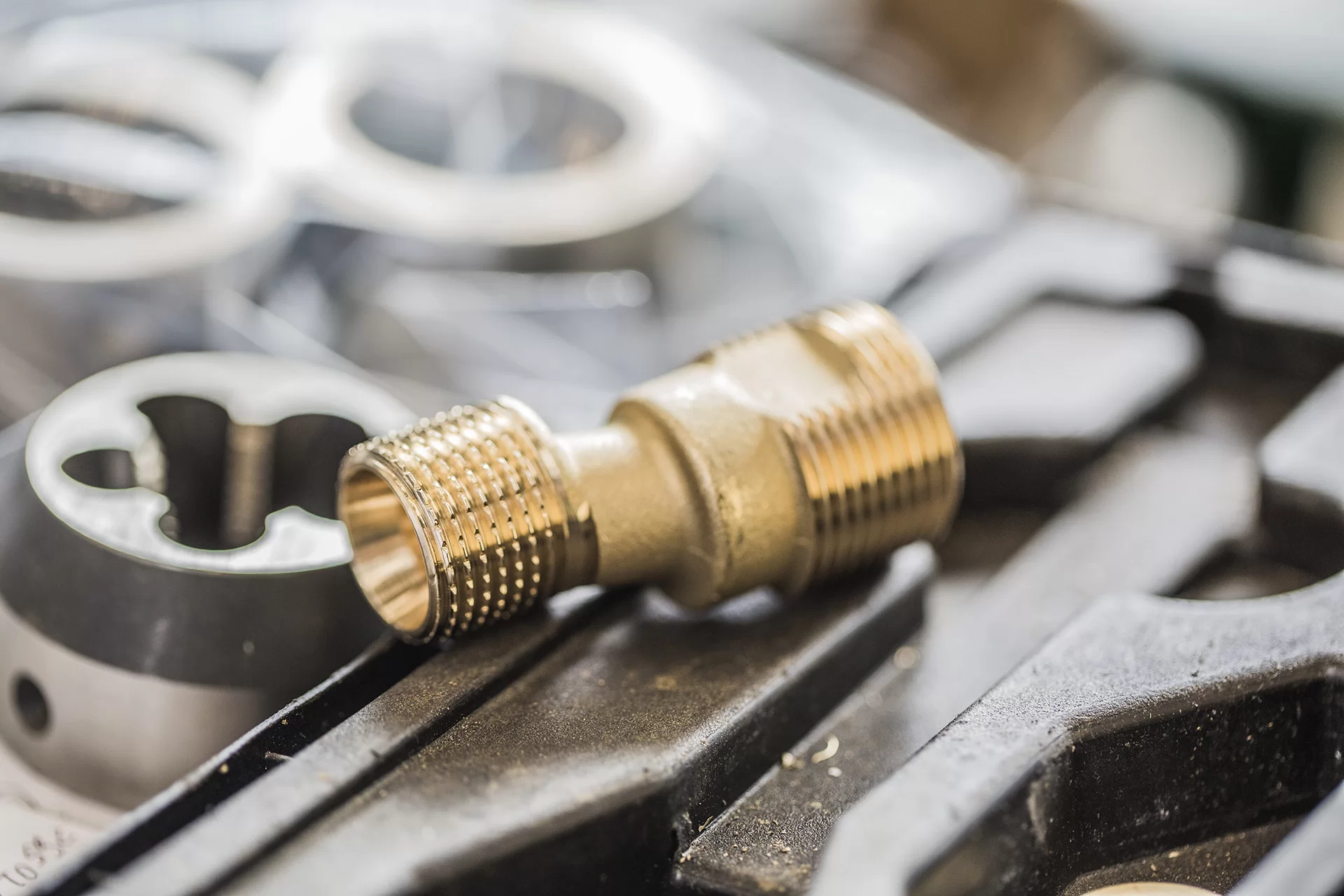Production
Custom service
Sectors
Customized products

Ferrero Valves
Technologies
Sustainability
News

Customized products

